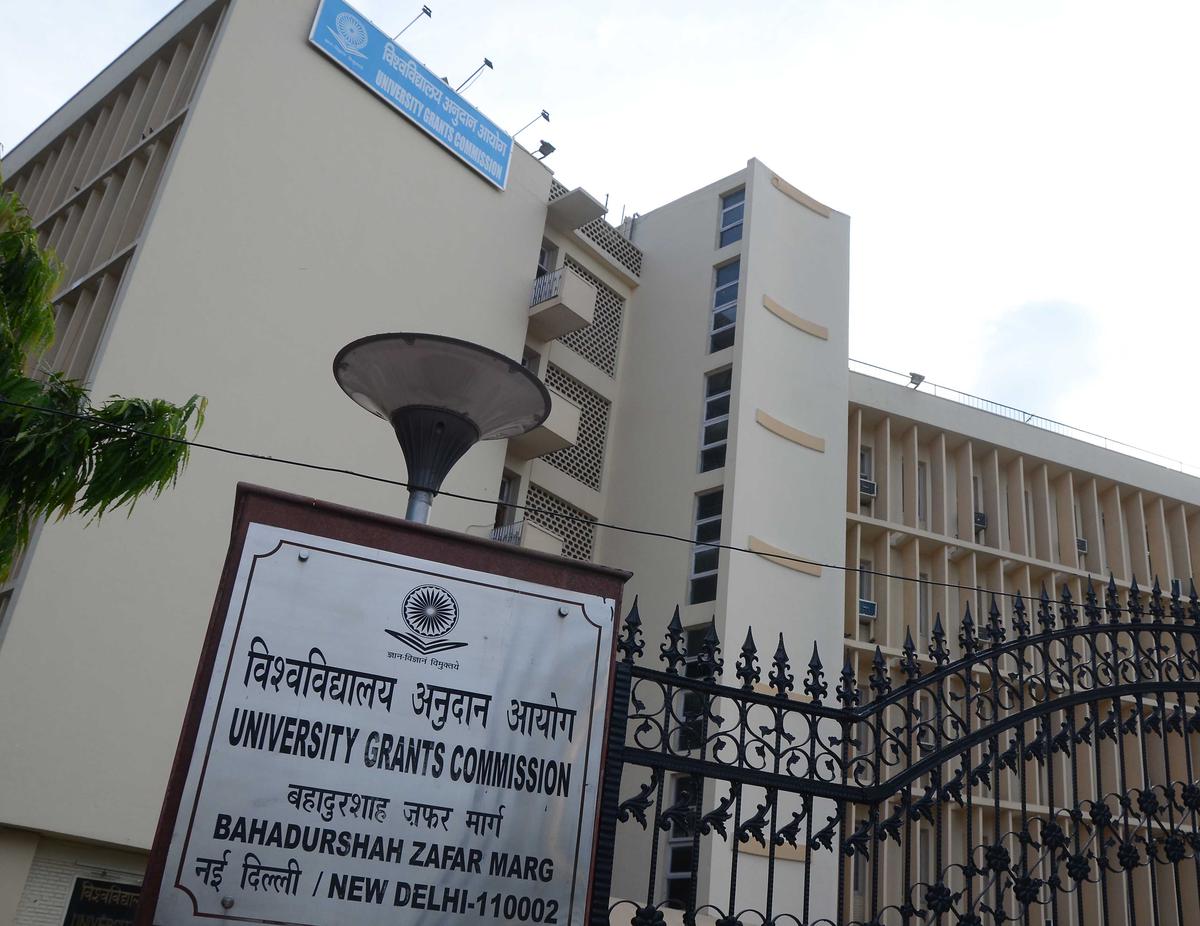SOURCE: THE HINDU
Experts will need at least 15 years of experience
The University Grants Commission has issued guidelines for engaging “Professors of Practice” or distinguished experts from different fields at institutions of higher education. These professors are not required to have the educational qualifications usually mandated for teaching and they can be paid through corporate sponsorship or an honorarium, the guidelines say.
The guidelines say that distinguished experts who have made a “remarkable contribution” in fields such as engineering, science, technology, social sciences, defence forces, community development, organic farming, panchayati raj, public administration, among others and with an experience of at least 15 years will be eligible for the scheme.
“This will help to take real world practice and experiences into the classrooms and also augment the faculty resources in higher education institutions (HEIs) in line with the National Education Policy 2020 that seeks to transform higher education by focusing on skill-based education to meet the needs of the industry and the economy and recommends integrating vocational education with general education and strengthening industry-academia collaboration in HEIs,” UGC Chairman M. Jagadesh Kumar said in a statement.
Such experts needn’t have a formal academic qualification “if they have exemplary professional practice”. They will also be exempted from the requirement of publications and other eligibility criteria stipulated for recruitment of faculty members, according to the guidelines. However, they should possess skills in developing and designing curriculum, carry out joint research projects or consultancy services.
The engagement of such experts will not affect the number of sanctioned posts and the recruitment of regular faculty members. The “Professors of Practice” roles are not open to those from the teaching profession, serving or retired.
The UGC has not earmarked funds for the scheme and says that such experts can be paid through funding from industries or through the institution’s own funds.

